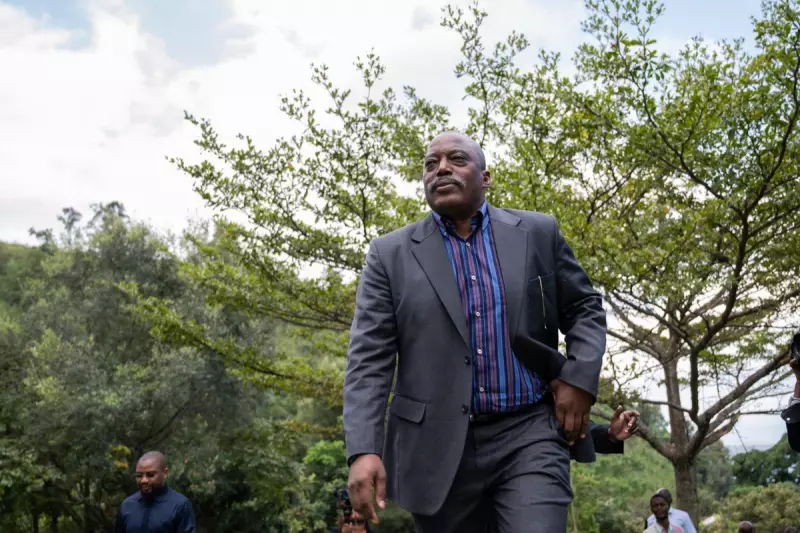
The Democratic Republic of Congo has issued a formal accusation against neighbouring Rwanda, alleging direct support for the M23 rebel group in a dramatic escalation of regional tensions. The allegations mark a significant deterioration in relations between the two Central African nations.
President Félix Tshisekedi's administration has taken the extraordinary step of publicly naming Rwanda as a backer of the militant group, which has recently intensified its operations in Congo's volatile eastern regions. The government statement represents the most explicit accusation to date in the long-running conflict.
Historical Context and Current Escalation
The M23 rebellion, which initially emerged in 2012, has experienced a violent resurgence in recent months. The group, composed primarily of Congolese Tutsi fighters, has captured significant territory in North Kivu province, displacing thousands of civilians and creating a humanitarian crisis.
This latest development occurs against a complex backdrop of regional politics and historical grievances. Relations between Congo and Rwanda have been strained for decades, with previous conflicts often involving allegations of cross-border support for rebel factions.
Government Response and Military Posture
President Tshisekedi has adopted a firm stance, declaring that Congo will "not stand idly by" while its sovereignty is threatened. The government has vowed to take all necessary measures to protect territorial integrity, though specific actions remain unspecified.
Security analysts note that the public nature of the accusation suggests a strategic shift in Kinshasa's approach to the conflict. By internationalising the allegations, Congo appears to be seeking broader diplomatic pressure on Rwanda.
Regional Implications
The escalating tension threatens to destabilise the already fragile Great Lakes region. International observers fear that renewed conflict between Congo and Rwanda could draw in neighbouring states and undermine years of diplomatic efforts to establish lasting peace in Central Africa.
The United Nations and African Union have yet to issue formal responses to the latest allegations, though both organisations have previously expressed concern about the deteriorating security situation in eastern Congo.





